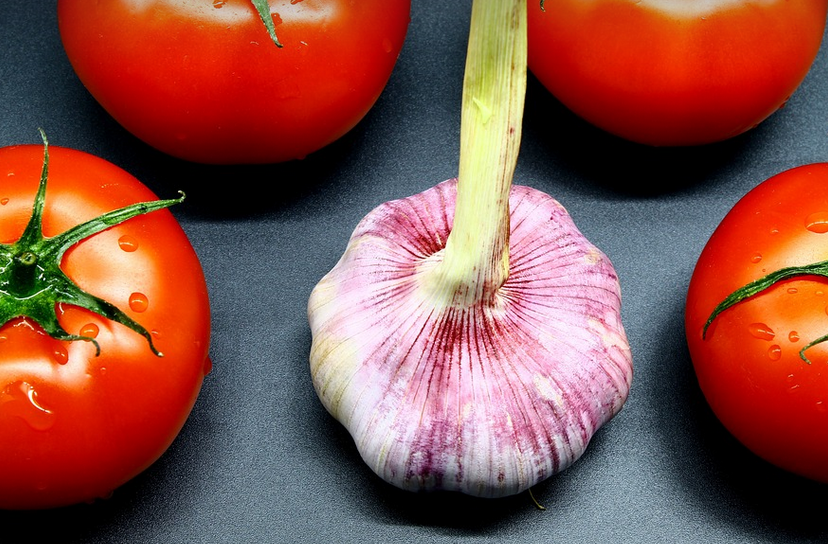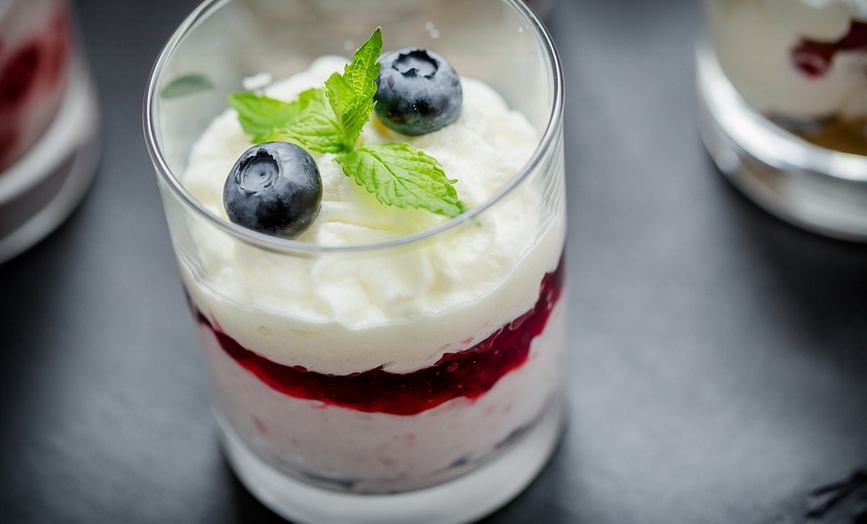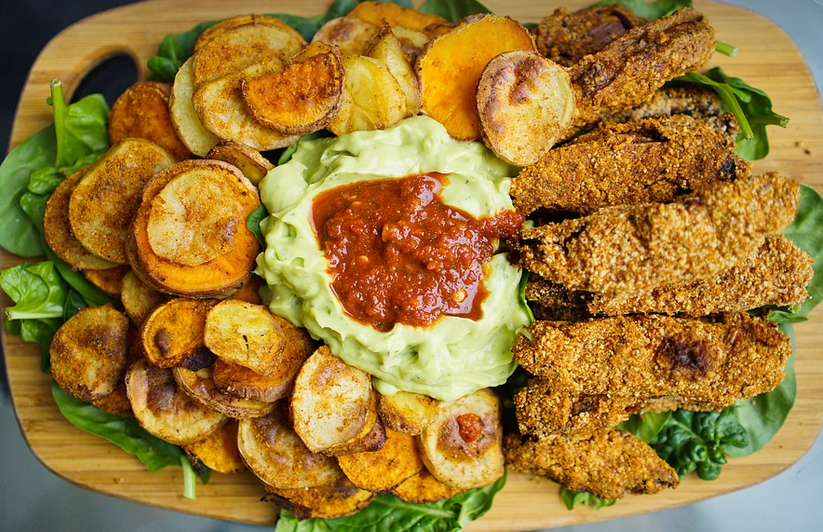A Peek into the World of Goat Nutrition
So, you’ve got a curious goat and maybe you’re curious about what they can munch on. You might be wondering if eggs are one of those treats that goats just love to nibble on. While their taste buds aren’t exactly obsessed with chocolate or maple syrup, the truth is a bit more… nuanced than a simple “yes” or “no”.
Goats, like many herbivores, have a fascinating digestive system designed to break down plants and fibers that provide them with essential nutrients. They thrive on grasses, hay, and other plant material rich in cellulose and fiber. These are the building blocks of their diet, fueling their energy needs for grazing, walking, jumping, and playing.
Eggs, however, aren’t as readily available in a goat’s natural environment. Goats are omnivores, meaning they eat both animal and plant material, but they haven’t evolved to have an innate love for eggs like some bird species do. You can think of it like this: goats are more likely to graze on grasses than to peck at a sunny-side-up egg.
But let’s get into the heart of the matter. Goats aren’t immune to trying new things, and if you offer them an egg, they might take a nibble out of curiosity. However, it’s not something they should rely on as a primary source of nutrition. The shell is largely inedible for goats, and it’s made of calcium carbonate which isn’t easily digestible.
In fact, if you’ve ever seen a goat try to eat an apple core with the skin intact you will likely know this. Goats are quite adept at eating hard-to-chew plants and fibers, but their digestive system is not designed to handle such protein sources like eggs.
Nutritional Considerations: A Goat’s Needs
Goats need a well-balanced diet that combines plenty of fiber with essential nutrients, including vitamins and minerals. A typical goat diet consists of:
- Grasses & Hay: This forms the foundation of their diet.
- Fresh Fruits & Vegetables: Provide valuable nutrients and antioxidants
- **Minerals:** Important for bone health, immune function, and energy production. Often supplied through mineral blocks or pasture mixes.
- **Supplements:** Goat milk and dairy products can be supplemented for calcium and other minerals.
Should You Give Your Goat Egg?
The decision to give your goat an egg is a matter of personal preference and, ultimately, about understanding their individual needs.
If you’re determined to try a small piece of boiled or scrambled egg for your goat, here’s what you should consider:
* **Preparation:** Ensure the egg is properly cooked and any potential bones are removed. Raw eggs can pose health risks due to bacteria. * **Quantity:** Start with very tiny amounts (a pea-sized portion). Goats are not built to process large quantities of animal protein in a single sitting. * **Observation:** Monitor your goat for any unusual reactions or digestive troubles after consuming an egg.
Remember, goats thrive on plants and fibers found in nature. Eggs, while interesting, are simply not part of their natural diet. Their bodies aren’t equipped to handle the protein-rich yolk that’s not readily digested by them.
Conclusion: A Balanced Diet is Key
The bottom line is clear: Eggs can be a fun exploration for your goat, but they shouldn’t replace their primary sources of nourishment. Focusing on plant-based foods and offering a variety of fresh fruits and vegetables will keep your goat healthy and happy. Don’t worry about eggs being the answer to all things nutritional.




